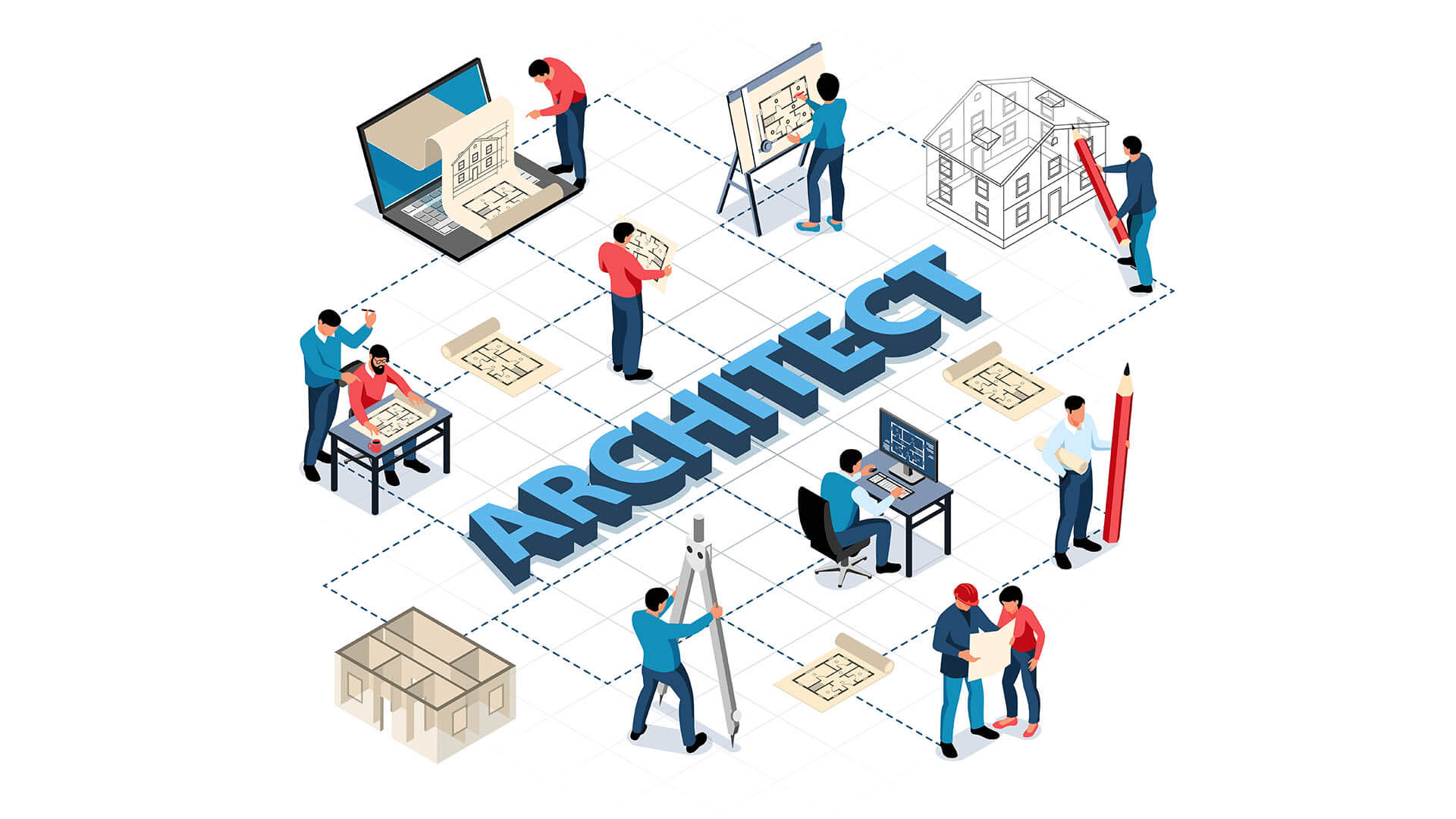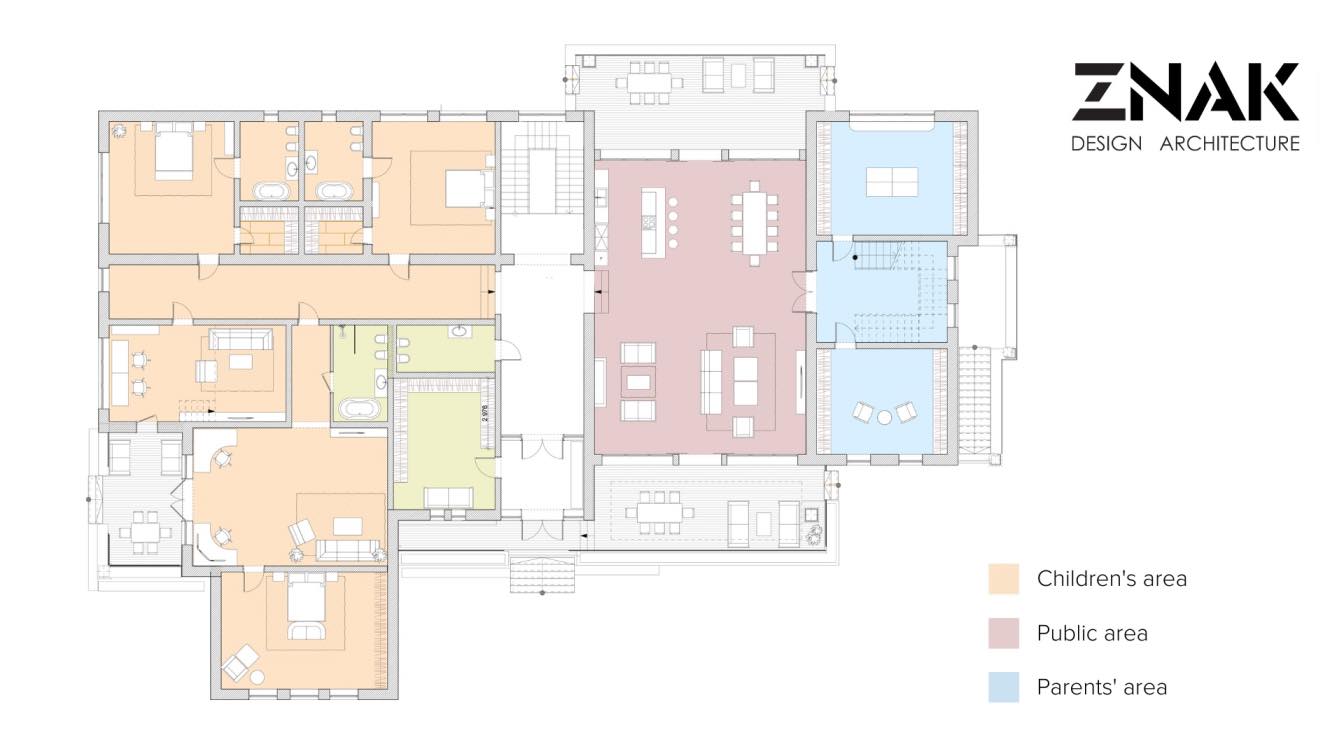Globalization and the swift evolution of technology have forever changed the architecture and design professions.
Where once creativity and technical expertise were enough to sustain a successful practice, today's architects must also have a firm grasp on global market trends, master advanced software and design tools, effectively collaborate with clients and partners from all corners of the world and more.
For many architecture firms, such talent is hard to come by and even harder to retain. As a result, those companies began to outsource architectural services to third-party vendors to find the right skills and training to ramp up their productivity and expand their businesses.
A reputable outsourcing services provider will often recruit professionals according to a client's criteria and draw candidate profiles matching the project's scope, complexity and budget.
If you're about to enter into an arrangement of this kind, you would do well to outline your outsourced talent's ideal skill set early on to clearly communicate your expectations and source the architects suited for the job.
7 Skills to Look for in an Outsourced Architect
Of course, you might already have a checklist of what constitutes a gifted architect. However, when it comes to outsourcing architectural services, the following abilities are always worth emphasizing:
1. Design
An architect's primary role is to turn visions into reality, from a concept to a physical structure, be it homes, offices or commercial spaces. For such a task, being able to interpret abstract ideas of a structure's format, layout and appearance, all while taking into account its purpose, and turn it into a coherently rendered design, is the basis of an architect's skill.
In working with clients, you also know that some might find it hard to articulate their ideas clearly enough for you to act on, especially when an artistic element is involved. In those cases, having a talented architect with a keen eye for design on board and from whom clients can take inspiration and guidance will be an asset.
2. Drawing and Sketching
Visual aids are integral to an architect's work. They rely on them to communicate their vision and help clients and contractors imagine how a project will look at different stages of construction. Some examples of those visual aids are blueprints, floor and site plans, computer-generated 2D and 3D architectural drawings, and more.
An architect with strong technical drawing capabilities can easily capture the dimensions, textures, and details of a building in their work and, in so doing, enhance stakeholders' understanding of the project.
3. Computer and Software Proficiency
Technology's ubiquity and sophistication in today's architectural field have left little room for architects who aren't computer-savvy to fulfill their roles effectively. Software such as AutoCAD, Revit, 3ds Max, CATIA and more have become indispensable to an architect's work. These tools enable them to generate realistic models of their projects, cut drafting and rendering times in half, and instantly share their concepts with clients and colleagues for timely feedback.
Therefore, when considering an outsourced candidate, ensure they have a strong foundation in these tools and can quickly learn any other software crucial to your business.
4. Communication
Architecture and construction are as collaborative an industry as they come. As such, successfully executing a project often relies on prompt, clear and efficient communication between all stakeholders. With clients, an architect should be able to listen to their needs attentively, ask the right questions, explain complex concepts in simple terms, be open to feedback and relay updates on the project's progress.
In a team setting, they must similarly be adept at listening, giving and receiving feedback, delegating tasks, providing direction and mediating conflicting ideas with other architects, engineers and contractors.
While this is an essential trait of an exceptional architect in any context, communication becomes even more paramount when working with outsourced talent, where cultural and time zone differences might present additional challenges. So, carefully consider a candidate's English fluency, experience working with international clients and partners, and ability to adapt to your company's preferred communication style.
A partner whose outsourcing solutions already account for such nuances will have an edge in establishing and maintaining a seamless workflow for your business and team.
5. Knowledge of Building Codes and Regulations
Architectural operations are subject to zoning laws, safety regulations and building codes that change from one country to another, sometimes even from one city to another. For example, in the US, New York has one rulebook, the Business Standards and Codes, that applies to all architectural projects, whereas Alabama has no state-wide building code for all its cities and counties to follow.
Given the gravity of these procedures and potential legal repercussions, an outsourced architect's grasp of local laws and regulations in the regions where your business operates is crucial.
6. Project Management
An architect is often viewed as a leader, directing and coordinating efforts across many teams and individuals to ensure the project is completed on time, within budget and according to the client's specifications. To say that, in doing so, he wears many hats and has to utilize all of management's best practices is an understatement.
Here are a few examples of project management skills your outsourced architect should possess:
- Project planning to outline the task parameters, timetables, resource constraints and distribution at each project stage.
- Budgeting and resource allocation to assign staff, materials and equipment and keep costs under control.
- Risk management to anticipate potential setbacks, mitigate their effects and be ready with contingency plans.
- Negotiation and problem-solving to liaise with clients, contractors and suppliers and mediate conflicts if they arise.
7. A Learning Mindset
This one might not classify as a skill, but it's a trait you need to look for in your outsourced architect nonetheless. In a field as dynamic as architecture and with the relentless advent of technology, practices and trends, a candidate who's committed to continuous learning and professional development will prove invaluable.
Outsource Architectural Talent
By now, you should be able to accurately describe the skills and qualities you need in an architect to an outsourcing services provider.
With a reliable partner, you won't have to struggle to find the ideal fit for your business. Instead, it'll be as simple as discussing your requirements and leaving it to them to present you with the best-suited candidates.





